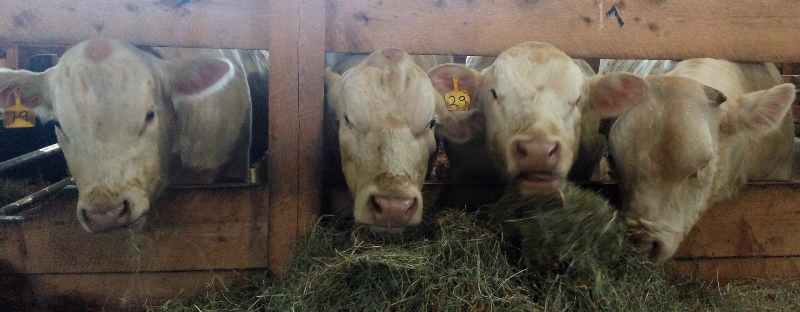Around us and below us runs the life force that we as a province need to protect at all costs. We depend on it daily, and we are all responsible for the planning and management of it. Water: the precious resource that requires responsible stewardship and governance. We cannot afford to be cavalier about our water systems, and the new and improved Water Sustainability Act is leading us in the right direction.
Over a hundred years ago, the original Water Act was created with a focus on advancing agriculture and industry. It was put in place to protect the rights of the proprietor, without much consideration to environmental impact or conservation. At the time, the sustainability of the province’s water was hardly a concern as there was such an abundance of water in comparison to the population of users. The act has been updated regularly since its inception, but never completely rewritten until about six years ago when the BC government saw the need for a complete revision. The previous water act did not sufficiently address sustainability questions arising around our water and that is about to change.
Lorne Hunter, a director for the BC Agriculture Council, and for the BC Dairy Association, describes the creation of the BCAC Water Committee: “We came together four years ago with the sole purpose of dealing with the Water Sustainability Act. Bill 18 was passed by the BC Legislature in spring 2014, but the committee is continuing to work behind the scenes with the Ministry of Environment to develop regulations to support the new act.”
This is a major step towards sustainable management of our water systems. The changes in the new act will help increase the efficiency of water planning and distribution, allowing for a greater awareness of how and where water is used.
Hunter points out, “The new act recognizes the environmental component, and makes sure there is enough water to maintain the ecology.”
Gaining Ground
One of the main differences in the new act which will affect farmers and ranchers in BC regards the licensing and fees for ground water use. BC is one of the only jurisdictions in North America that does not regulate groundwater use. Many farms and ranches in BC irrigate their land and water their livestock with water obtained from an underground source and this has, so far, not been licensed or had a cost associated with its use.
Ground water is, after all, connected to surface water and an important part of the whole water cycle. It’s about time groundwater receives the same consideration as the rest of water supply.
Agricultural operators currently using ground water will be asked to register to receive a water use license and start monitoring their usage (if they are not doing so already) to be ready for the new regulations that are coming.
A fee similar to that which is currently applied to surface water usage will soon be introduced. “Yes, it will cost you,” explains Hunter, “but you will have a right to the water you are using. Depending on other licensed users, you will have an allocation and a FIT FIR ranking to that water, and there is an expense attached to that privilege.”
Hunter believes that the cost of using ground and surface water will be more reasonable than having potable city water delivered directly to your operation. New water fees and rentals are also under review. Rates will be based on projected water use.
There will be a gradual introduction of new policies beginning in 2016, allowing government and agricultural operations to work together to implement them as seamlessly as possible. Our water management laws must protect our aquifers, support the ecosystem and protect the resource for future generations and with the new act, the BC government aims to support those admirable goals.
Information on BC’s Water Sustainability Act can be found on the government website: http://engage.gov.bc.ca/watersustainabilityact/












